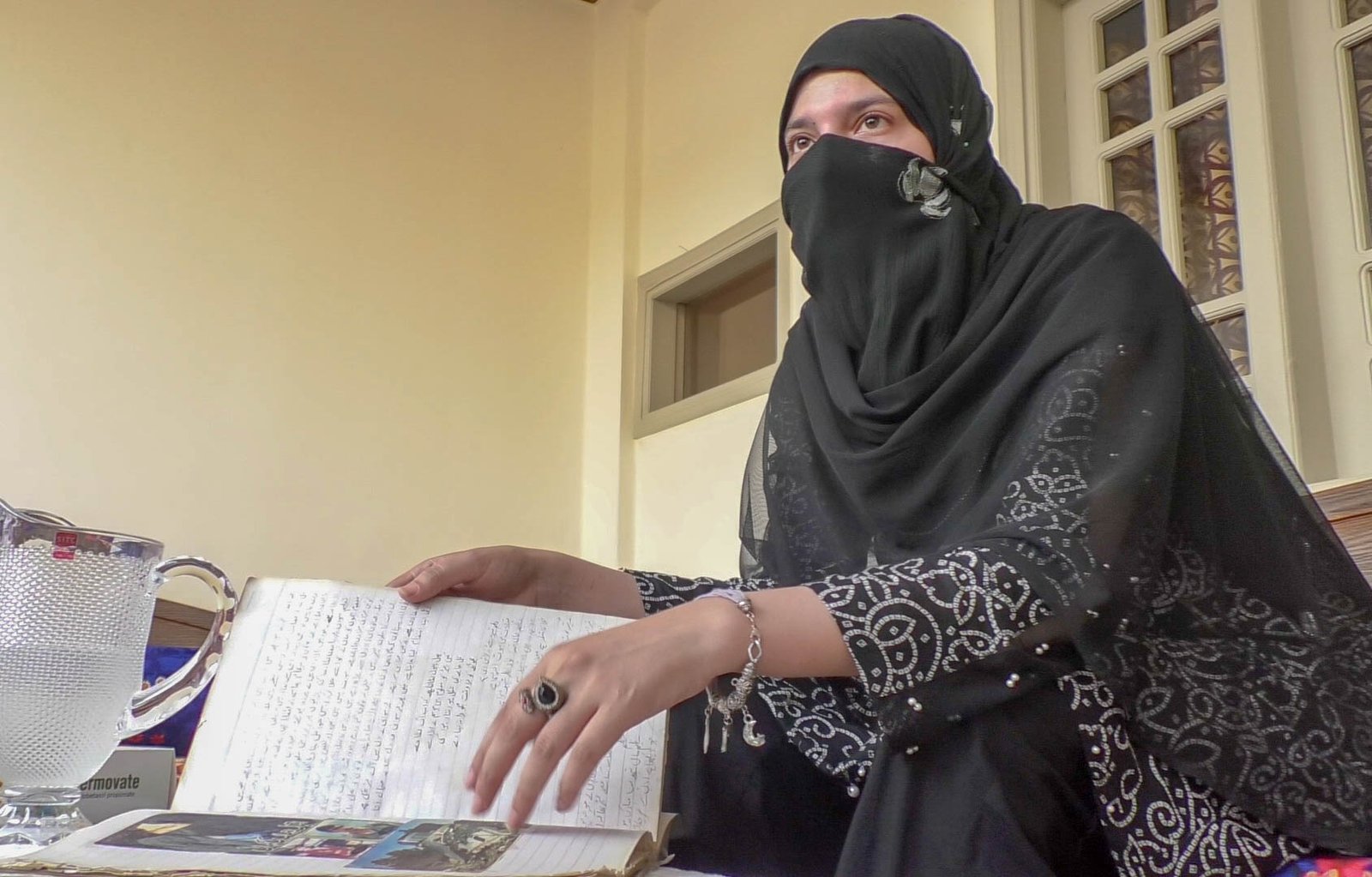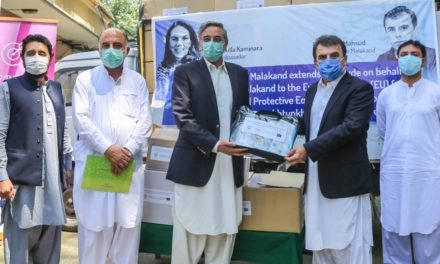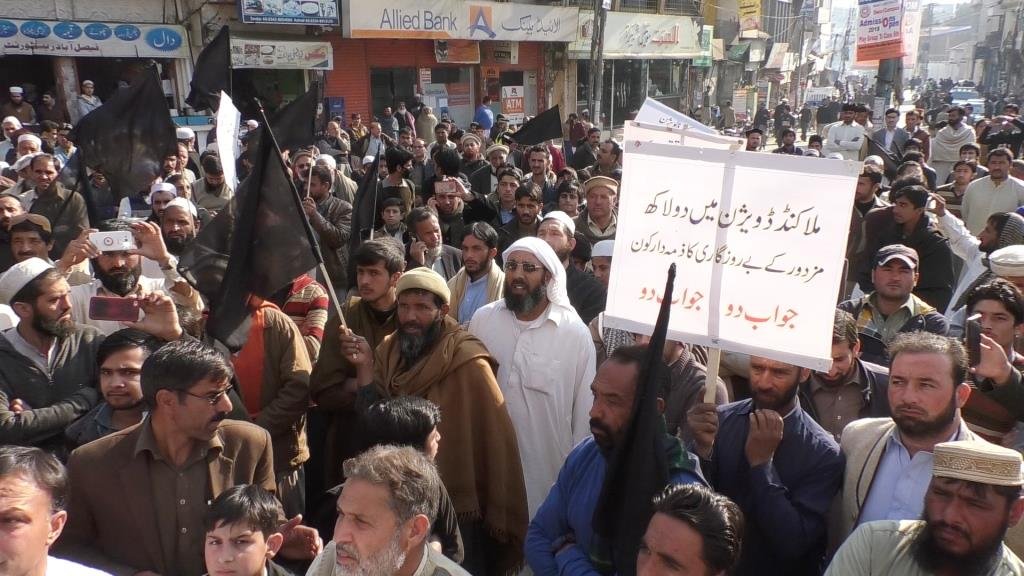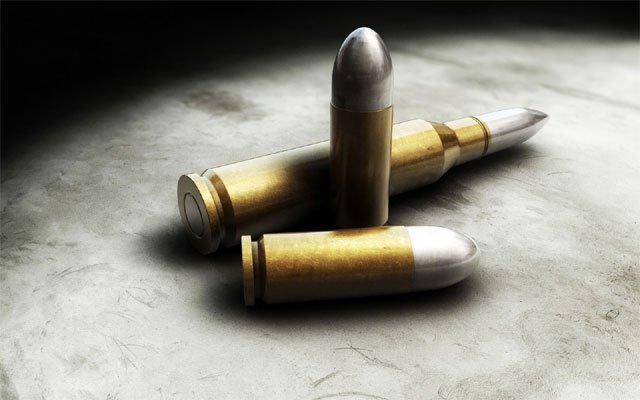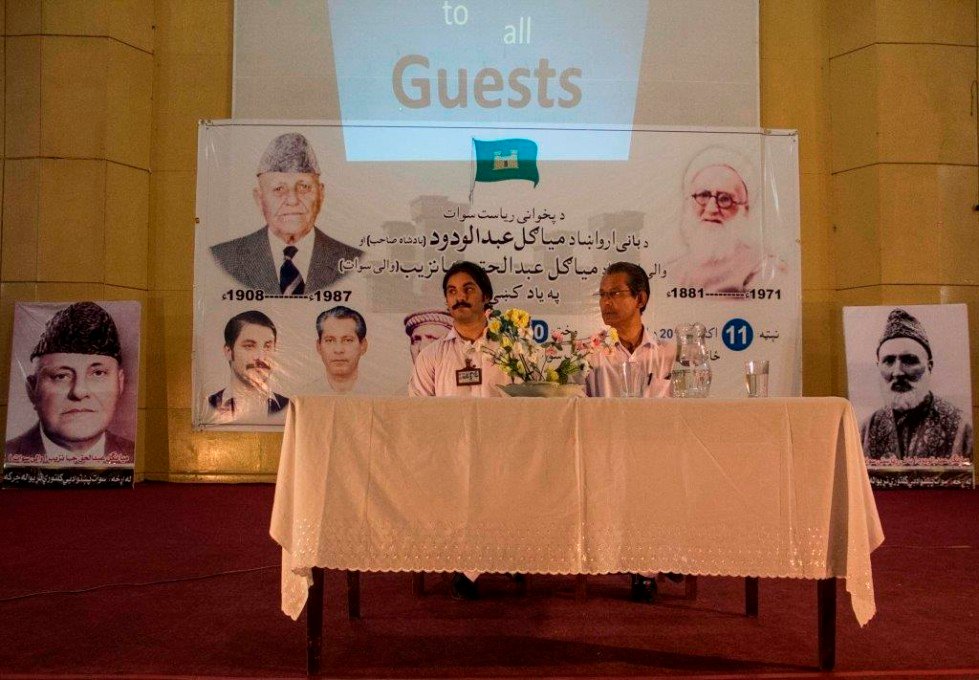By Fazal Khaliq
MINGORA: Education activists and psychologists said that there were thousands of women and children affected by the militant conflict in Swat needed urgent psycho-social support and rehabilitation to bring them back to normalcy.
Nafeesa Rehman Qazi, a social and education activist, who has been providing psycho-social support to the conflict affected children of Swat is a resident of Kanju village in Kabal tehsil, one of the most affected areas during the Swat mayhem and a stronghold of the militants from 2007 till 2009. She has received her higher education in Zoology.
However, her education was at stake when she was in grade eight that the militants in Swat banned female education terming it anti-Islamic. Soon after which hundreds of girls, to save their lives, left education forever in Swat.
“That was the hardest and ugliest time in our lives because girls were not allowed to go out of their houses, their schools were forcibly shut down. The militants would even search girl students in vehicles on the road,” she told Dawn, adding that when militants imposed ban on women’s education she continued her studies inside her home where her father would teach her.
She said that when the militants started destroying girls’ schools and their hold became stronger in Swat majority of people migrated to other parts of the country to save their lives. “We did not go out from Swat but shifted to a nearby village known as Bandai. At that time, I was in grade eight so, I along with few other girls started teaching junior girls so that their studies might not be affected,” she said.
She said that she was very sad and disturbed due to the bomb blasts, target killings and other inhuman activities at that time but she did not lose hope as her family stood by her side. “Even the militants blew up part of the main bridge linking our village with Mingora leaving us stranded after which people started crossing the Swat river with local boats,” she said.
“Luckily, few schools for girls remained open in Mingora those days so my father accompanied me to a school there but the militants imposed ban on the boats to cross the river. Ultimately, I shifted completely to Mingora and passed my SSC examination despite challenges and odds,” she said.
She said that during the mayhem she not only continued her education but also helped other girls by teaching them.
At the time when she witnessed the atrocities of the militants and troubles of innocent people she started writing poems in Urdu and Pashto languages
“I could not bear injustices of the militants thus to highlight the day to day situation I started writing poetry and a diary for my catharsis,” she said, adding that she composed poetry in Urdu, Pashto and English languages depicting the day to day happenings.
She said that her diary contained day to day happenings during the mayhem with photos and sketches of the time, and she intended to publish her diary in a book form soon. “I not only wrote the day to day events but also analysed the situation and presented the solutions of all the matters,” she said and added that education of women was indispensable for balanced and just society.
“I bet that the situation in Swat would not have gone so bad if our women were educated because they would not let their sons and men join militancy. Women education brings peace and prosperity to an area,” she claimed.
She said that she continued her struggle for the rehabilitation of girls and peacebuilding after normalcy returned to the valley.
She said that there were thousands of children mentally affected by conflict and they, presently, were passing through various psychological issues. “They urgently required mental therapy and psycho-social support to bring them back to normalcy,” she said.
For her activities she was invited to participate in the Project COMMON BOND in United States held in 2012 and 2015, a programme that brings together young adults, ages 15-20, from around the world who share a ‘common bond’- the loss of a family member due to an act of terrorism, violent extremism, or war.
“I would keep doing my work for female education and peace building in Swat,” she vowed.
She gave the credit of her steadfastness and resilience to her father who is a doctor by profession and her uncle who is a social worker in the area.
“I believe that until women are not included in each and every sector of the day to day life, no society can get real development, peace and prosperity. So, I tried to give equal opportunity to all my children irrespective of the gender discrimination,” said Ikram Ur Rehman, father of Nafeesa.

